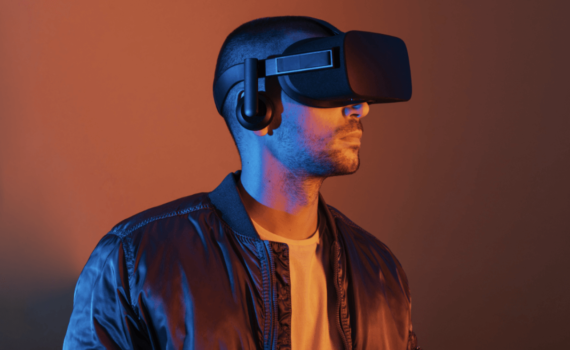
Mobile app development is a rapidly evolving field, driven by technological advancements and changing user expectations. As we look towards 2024, several emerging trends and innovations are set to shape the future of mobile app development. This article explores these trends and provides insights into how developers can stay ahead in this dynamic industry.
Key Trends in Mobile App Development
1. Artificial Intelligence and Machine Learning
- AI-Powered Features: Integrating AI to enhance app functionalities, such as personalized recommendations, voice assistants, and predictive analytics.
- Machine Learning Models: Utilizing machine learning models to analyze user behavior and improve app performance and user experience.
2. 5G Technology
- 5G Technology Enhanced Connectivity: Leveraging 5G technology to offer faster data transfer speeds, lower latency, and improved connectivity.
- New Possibilities: Enabling innovative applications such as augmented reality (AR), virtual reality (VR), and real-time streaming.
3. Artificial Intelligence and Machine Learning
- Connected Devices Developing apps that integrate with IoT devices, providing seamless control and monitoring of smart home devices, wearables, and more.
- Data Integration: Utilizing data from IoT devices to offer personalized and context-aware experiences.
4. Augmented Reality (AR) and Virtual Reality (VR)
- Immersive Experiences Creating immersive AR and VR experiences for gaming, education, retail, and healthcare applications.
- AR Integration: Incorporating AR features for enhanced product visualization, navigation, and interactive content.
5. Progressive Web Apps (PWAs)
- Cross-Platform Compatibility Building PWAs to deliver app-like experiences on both mobile and desktop platforms without the need for separate development.
- Offline Access: Offering offline access and fast loading times to improve user engagement and retention.
6. Blockchain Technology
- Secure Transactions Implementing blockchain for secure and transparent transactions, particularly in finance and supply chain applications.
- Decentralized Apps (DApps): Developing decentralized applications that leverage blockchain for enhanced security, privacy, and peer-to-peer interactions.



LEAVE A COMMENT